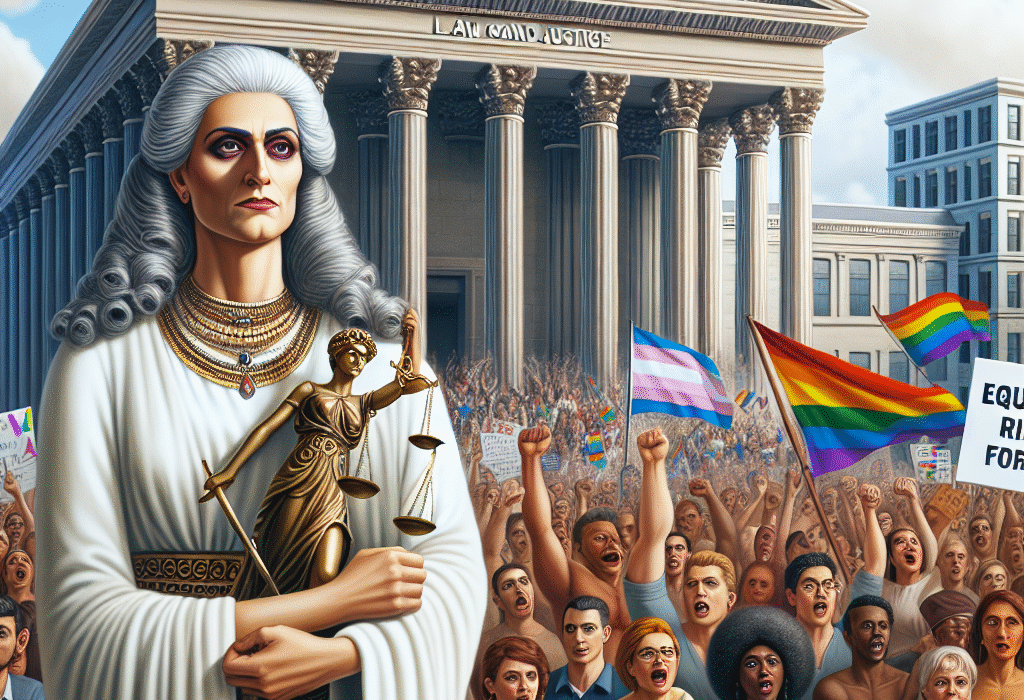Have you heard about the recent Supreme Court ruling that has sparked conversations and debates around the term “woman”? Whether you’re aware of it or not, this landmark decision by five Supreme Court judges has brought clarity to what it means to be classified as a woman under the law. But as with all legal judgments, the real challenge lies in how this ruling will be interpreted and implemented moving forward.
Unpacking the Supreme Court ruling
Let’s dive into what this ruling means and why it has stirred up such strong reactions from various stakeholders:
-
The Supreme Court judges have stated that, legally, the term “woman” refers to a biological woman. This decision has been met with both praise and criticism, highlighting the complexity of issues surrounding gender identity and equality laws.
-
Some see it as a victory for common sense, emphasizing the importance of recognizing biological distinctions when defining legal terms. Others view it as a setback for inclusivity and transgender rights, arguing that it reinforces outdated norms and excludes certain individuals from legal protections.
-
The ruling provides a clear framework for interpreting and applying equality laws, setting a precedent for future cases involving gender identity and discrimination. However, the implications of this decision on broader social and political contexts remain uncertain.
What this means for you
You might have noticed how discussions around gender identity and equality have become increasingly nuanced and contentious in recent years. The Supreme Court ruling is just one example of how legal definitions and interpretations can shape the way we understand and navigate these complex issues.
As we continue to grapple with questions of inclusivity, diversity, and social justice, it’s essential to consider the following:
-
The importance of upholding legal principles while also recognizing the diverse experiences and identities of individuals.
-
The need for ongoing dialogue and engagement with different perspectives to promote understanding and empathy in our communities.
-
The potential impact of legal decisions on marginalized groups and the broader fight for equality and justice for all.
Moving forward
In light of the Supreme Court ruling, it’s crucial to reflect on how we can work towards a more just and inclusive society. While the legal landscape may provide guidelines and frameworks, it’s ultimately up to each of us to advocate for fairness and dignity for all individuals.
As we navigate the complexities of gender identity, equality, and justice, let’s remember that compassion, empathy, and open-mindedness are essential qualities for building a more equitable future for everyone.
What are your thoughts on this evolving conversation? How do you believe we can create a more inclusive and just society for all individuals? Let me know what you’d choose.







